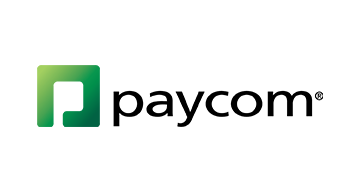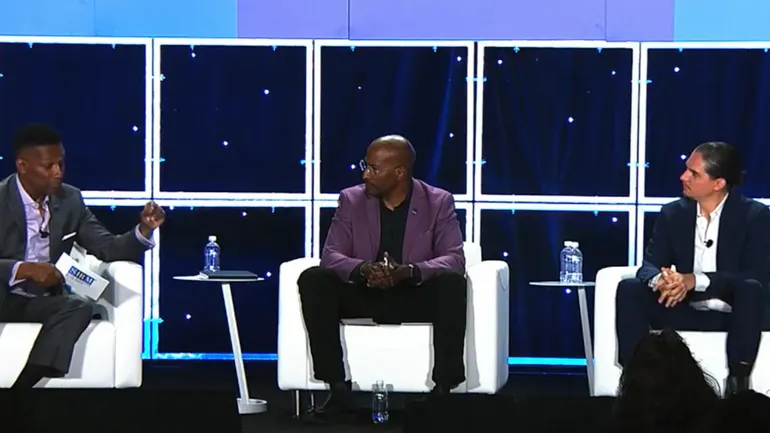Nearly 40% of disputes submitted to the federal Independent Dispute Resolution (IDR) process in 2024 were identified as ineligible. Yet, many still advanced through arbitration—forcing employers and health plans to pay unnecessary or excessive claims, according to a new survey from America’s Health Insurance Plans (AHIP) and the Blue Cross Blue Shield Association (BCBSA).
The report cites a growing number of out-of-network claims from certain providers and private-equity-backed firms as one of the most persistent abuses of the IDR system. The Georgetown University Center on Health Insurance Reforms estimates that misuse and inefficiencies in the process have led to roughly $5 billion in wasteful spending since the system launched in April 2022 under the No Surprises Act.
“When this arbitration process was established, CMS estimated 17,000 disputes would be resolved annually,” said BCBSA President and CEO Kim Keck. “In reality, within months, volume exceeded 10 times that amount, as a small percentage of providers—particularly private-equity-backed organizations—drove the majority of disputes.”
Keck said claims submitted through the IDR process have resulted in payments averaging 400% above contracted rates, with some exceeding that amount. “Unchecked, these wasteful practices drive up everyone’s premiums,” she said. “It’s time to restore balance and transparency to this process, and the Blues stand ready to work with policymakers on commonsense reforms.”
See also: 5 trends in health plan regulations to watch in new Trump administration
Arbitration in 2024: 20 million cases
In 2024, about 20 million qualified IDR claims were submitted across all provider types, with emergency services accounting for roughly 61%.
According to the report, common ineligible claims included those for services payable under Medicare or Medicaid, disputes already resolved or resubmitted through IDR, disputes involving in-network providers and claims covered by state surprise billing laws. Other reasons for ineligibility included:
- incorrectly batched or bundled items
- failure to initiate the required open negotiation process
- missing or insufficient information that prevented plan identification
- lack of dispute justification
- instances where providers later reversed or corrected the claim.
Despite nearly 40% of submissions being ineligible, the report found that IDR entities ultimately deemed only 17% ineligible. That means that more than half of such cases still resulted in binding payment determinations.
Air ambulance services—typically high-dollar claims—represented less than 1% of all qualified IDR submissions but were the most likely to enter arbitration.
AHIP and BCBSA urged policymakers to address what they described as “misaligned incentives” that allow IDR entities to advance unnecessary disputes and to increase accountability and oversight in the process.





















